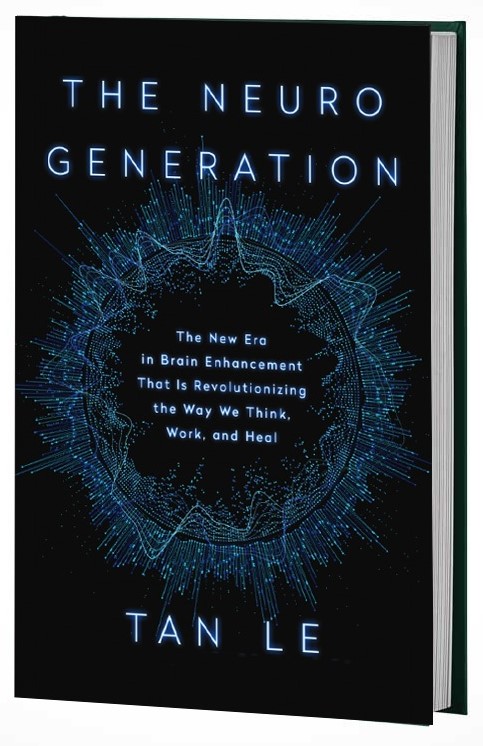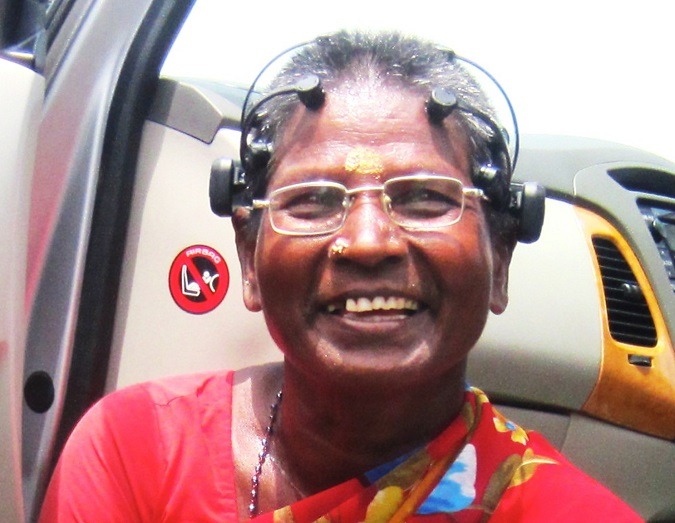Posts Tagged ‘India’
What’s normal? When it comes to the brain, it’s hard to say, and that’s why we need to study global neurodiversity
In a small village in India—a place so remote it has no electricity, no telecommunication system, and no cars or buses—a research worker prepares to place an EEG headset on a female villager’s head. The woman, who earns $3.75 a day laboring in a nearby rice paddy and who has never ventured outside her village, eyes…
Read MoreOne in eight children in India aged 2–9 may have neurodevelopmental disorders
___ 1 in 8 kids in 2–9 age group may have developmental deficits (Times of India): “Almost one in eight Indian children aged two to nine may have at least one neurodevelopmental disorder, states a study published in PLOS Medicine journal on Wednesday. Neurodevelopmental disorders include a wide range of issues ranging from visual and hearing impairment…
Read MoreNeuroimaging study finds extensive brain rewiring–in just six months–among illiterate adults learning to read and write
— Learning to read and write rewires adult brain in six months (New Scientist): “Learning to read can have profound effects on the wiring of the adult brain – even in regions that aren’t usually associated with reading and writing. That’s what Michael Skeide of the Max Planck Institute for Human Cognitive and Brain Sciences…
Read MoreStudy: Is modernity leading to a growing Cognitive Divide?
— Has Modern Experience Changed The Human Brain? (NPR): “The brain has evolved over evolutionary time scales of millions of years. So, what is the likelihood that the relatively recent advent of reading and writing, or motorized transport, or the Internet, could have changed our brains?
Read More



